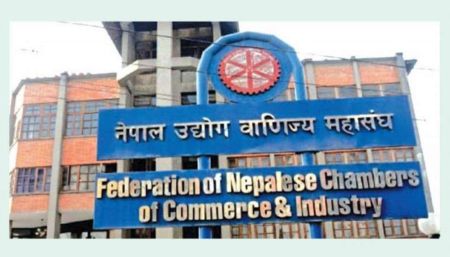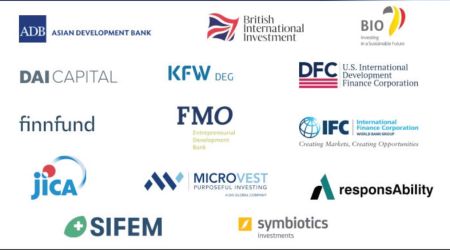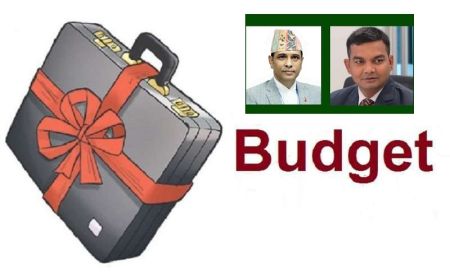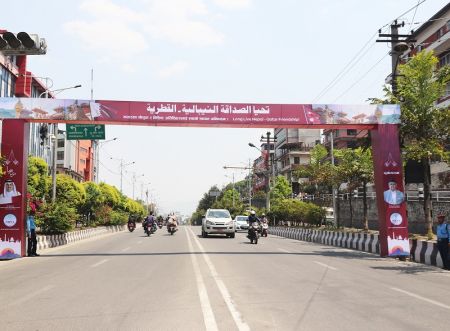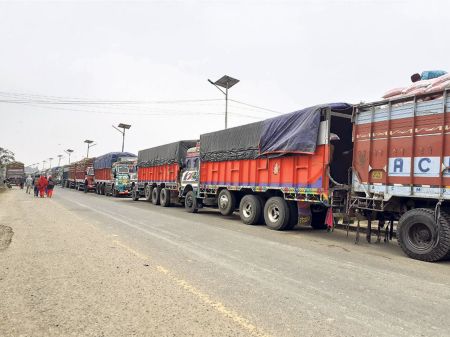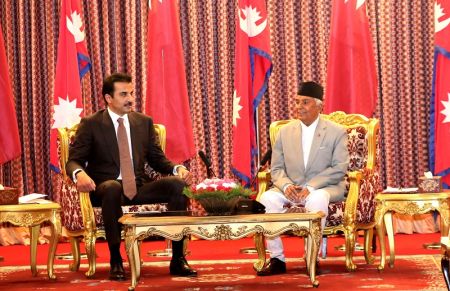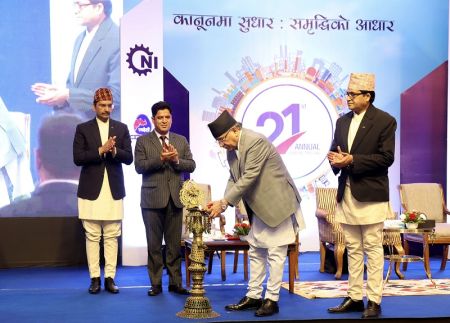Anti-competitive conducts harm consumers in various ways, reduce competitiveness and might also affect the overall performance of a country's economy. Widespread shapes of anti-competitive conducts are: price fixing, market sharing, bid rigging and output control, which are felt deeply entrenched in Nepali business world. Transport, construction, petroleum products, gold businesses are examples of sectors most affected by such practices. Although the Supreme Court has already declared cartels and syndicates illegal, the government has not bothered to enforce the decision. The role of private sector has also been not very positive toward ending such illegal practices. Most of the businessmen and firms who run cartel and syndicate are members of Nepal’s private sector umbrella organizations. Are organizations and businessmen openly involved in various anti-competitive practices of cartel and syndicate eligible to be members of private sector organizations? If not, why do umbrella organizations try to protect them instead of scrapping their membership? Isn’t this practice tarnishing the private sector’s reputation? Siromani Dhungana tries to get answers to these questions from the concerned stakeholders:
‘‘Political protection has fueled unethical business practices’’
.jpg) |
| Dinesh Shrestha Vice President, FNCCI |
Some entrepreneurs are working against the free market economy to dominate the market. The free market economy should determine the prices based on demand and supply in the market. But anti-competitive practices like syndicate and cartel hinder this process through price fixation. It prevents consumers to reap the benefits of free market economy like lower prices, better quality goods and having more choices created by healthy competition among market players.
Regarding the issue of our members in various district chambers, I think, it is not good from the perspective of ethical business. Political protection has fueled unethical business practices. The nexus of business community with political leaderships runs deep and this has inspired business community to involve in syndicate and cartel.
Umbrella organizations like FNCCI are not the authority to take action against businessmen and organizations involved in anti-competitive practices. Unless there is strong will power of the government to introduce and implement competitive laws, private sector umbrella organizations can do nothing to end such practices.
FNCCI is committed to promote free market economy and it is morally good if businessmen, running syndicate and cartel, do not take its membership. I assure, FNCCI never promotes businessmen who are involved in anti-competitive practices.
Syndicate and cartel have thrived due to the inefficiency of the regulatory bodies and they will continue to thrive unless regulatory bodies improve their performance. It is shameful that even the government expresses its helplessness in fighting cartel, syndicates and other forms of anti-competitive practices that run deep into the market.
Some tangible measures should be taken to end rampant cartels and syndicates in the country. Some of the urgent ones are:
• Introduction of laws that protect competitive business practices
• Government should take stringent action against transporters who have introduced odd and even number system
• Political protection to businessmen to run cartel and syndicate should be ended.
• Government should manage the system more effectively
• Transparency is a must both in regulatory mechanism and the private sector
‘‘Consumers are the first victim of anti-competitive practices’’
 |
| Manoj Kedia Vice President, CNI |
Various cartels and syndicate businesses are preying on general consumers’ rights and eroding level-playing field for genuine businesses. Consumers are, without any doubt, the first victim of such anti-competitive practices. There is a need to reflect on measures to protect consumers from cartels, and sharpen such measures to the extent possible.
Businessmen involved in anti-competitive business practices have not helped in promoting private sector. Instead they have tarnished image of the entire sector. I have heard some people questioning the reluctance of private sector umbrella organizations in scrapping membership of such businessmen. The fact is that business organizations cannot avoid someone until regulatory body indicates him/her guilty. It is the government that is reluctant to take action against illegal business practices. Government bodies can take action, if they want, as the Supreme Court has already declared syndicate and cartel as illegal practices.
So far, genuine analysis of causes behind these anti-competitive practices in Nepal has not been made. Stakeholders concerned should seriously analyse the reasons behind the persistence of anti-competitive businesses in the country and the reasons for government officials’ reluctance in controlling such practices.
‘‘Consumers are at the receiving end’’
 |
| Jyoti Baniya Consumer Rights Activist |
Both price fixing and market sharing are against the consumers’ rights. Price fixing takes place when competing businesses make an agreement with the purpose of fixing, controlling or maintaining prices of goods or services provided. Market sharing is an agreement between competitors that split up the market between them so as to avoid competition with each other in terms of prices, quality and other factors that would benefit consumers. Such agreements include allocating customers by geographic area; dividing contracts within an area; agreeing not to compete for established customers; agreeing not to produce each other's products or services; and agreeing not to expand into a competitor's market. These practices do not allow competitive market forces to come into play. The government should dare to curb such practices.
People pay tax. In return, the government should maintain law and order. But this is not the case in Nepal. Supreme Court had ordered the government to end all forms of syndicate and cartel in public transport and business of essential consumer goods in 2011. However, the government has remained silent over all these malpractices. The question here is: why should people pay tax if the government cannot control illicit business practices? Now, we should tell the government that we won’t pay tax until it brings illegal businesses under its scanner and curbs such practices.
Businessmen involved in anti-competitive practices don’t have the moral grounds to claim being supporter of the free market economy. Besides government, private sector umbrella organizations also should dare to screen and terminate membership of businessmen involved in uncompetitive business practices.
Though government is the most responsible unit to enforce law and order, given its inefficient and corrupt nature, civil society and consumers should stand together against illegal business practices. They should start to speak out against syndicate and cartel because they have been deprived of the free market economy benefits.
We should make consumers aware of their rights and modify their ‘let it be’ attitude. It is high time that all stakeholders concerned speak against the perpetrators of cartel and syndicate in business activities. Competing businesses that do ethical businesses must stand up to protect their consumers from being exploited by cartels and syndicates.





